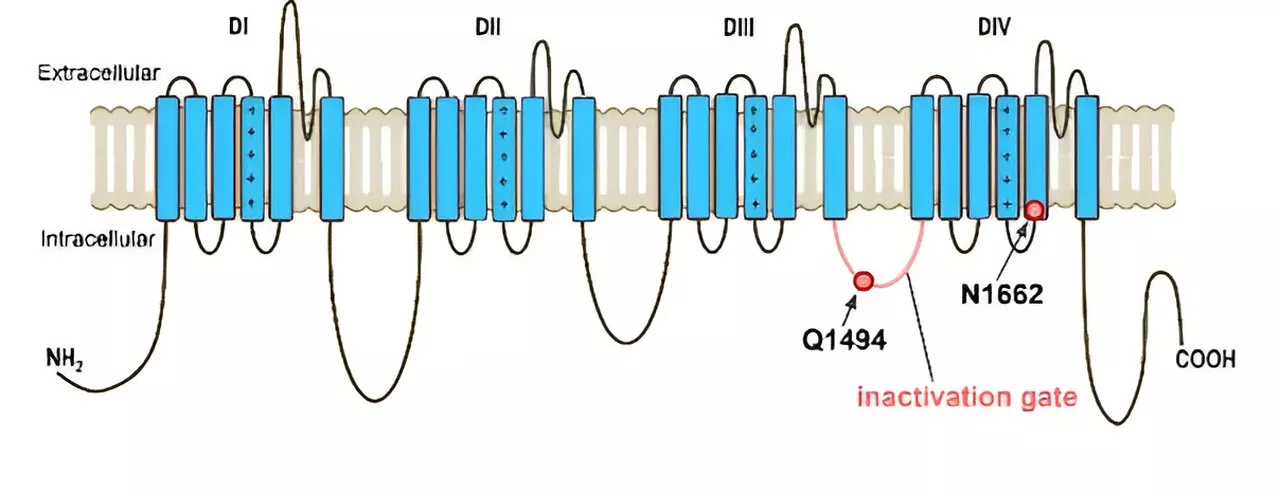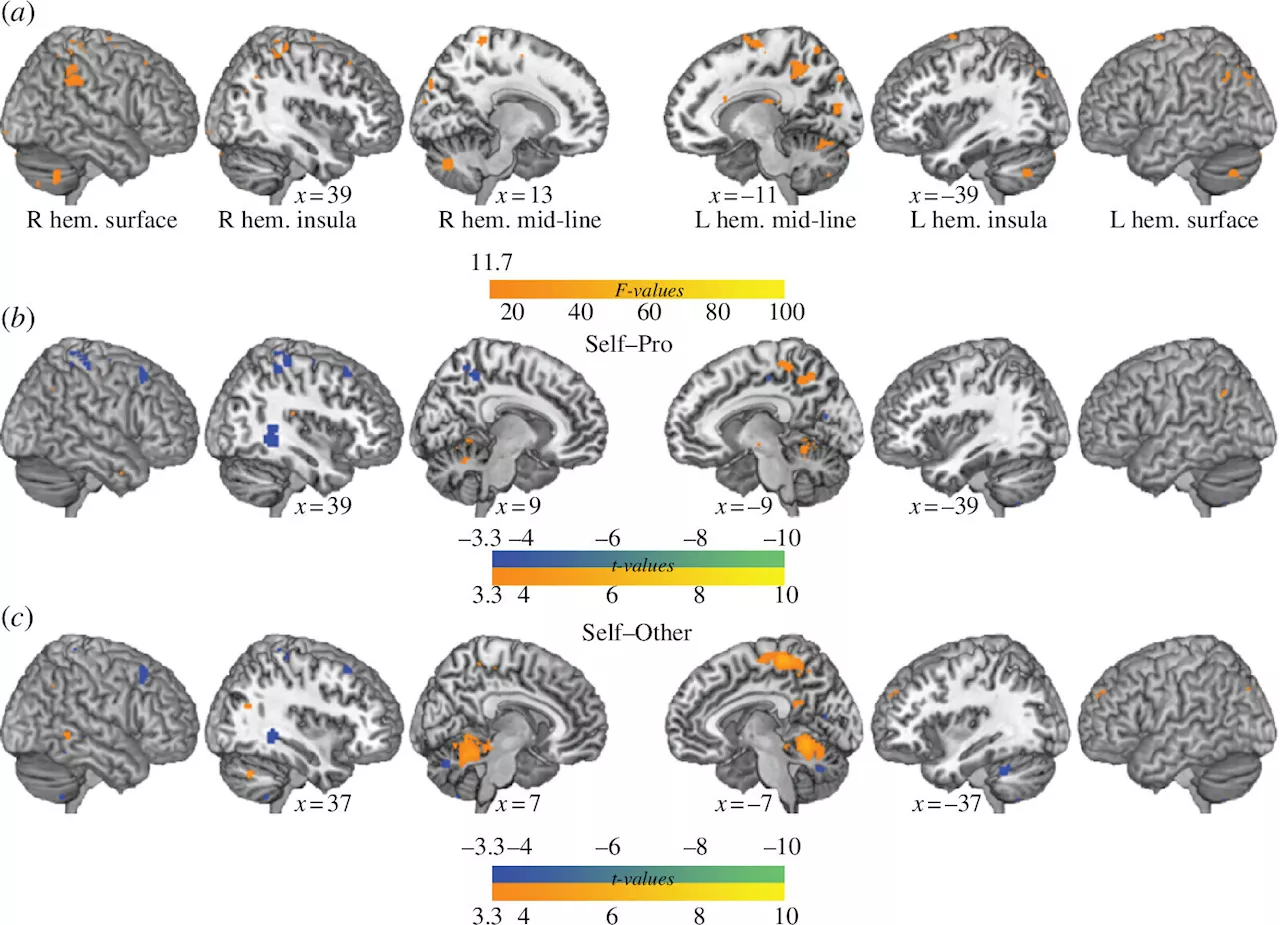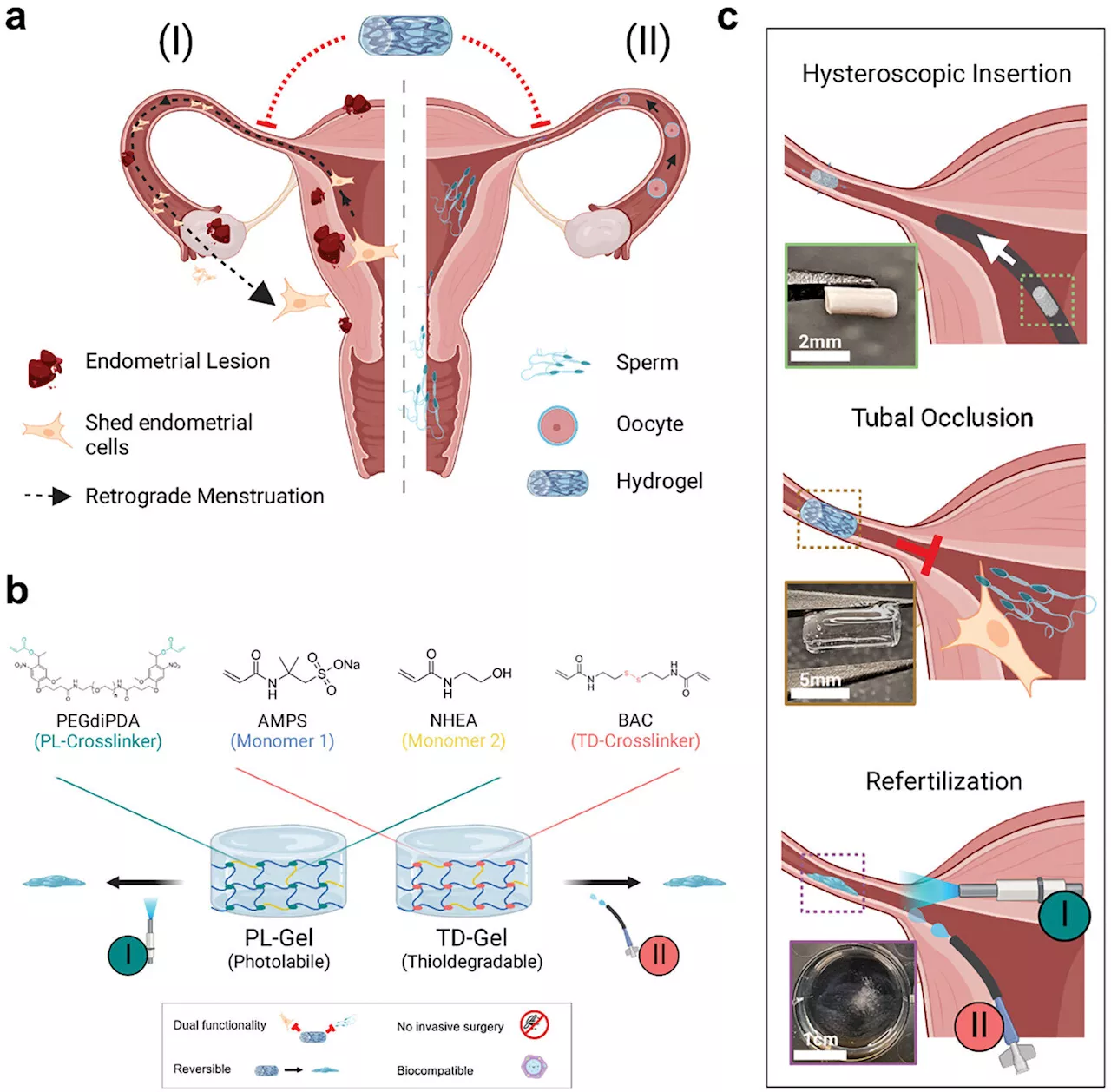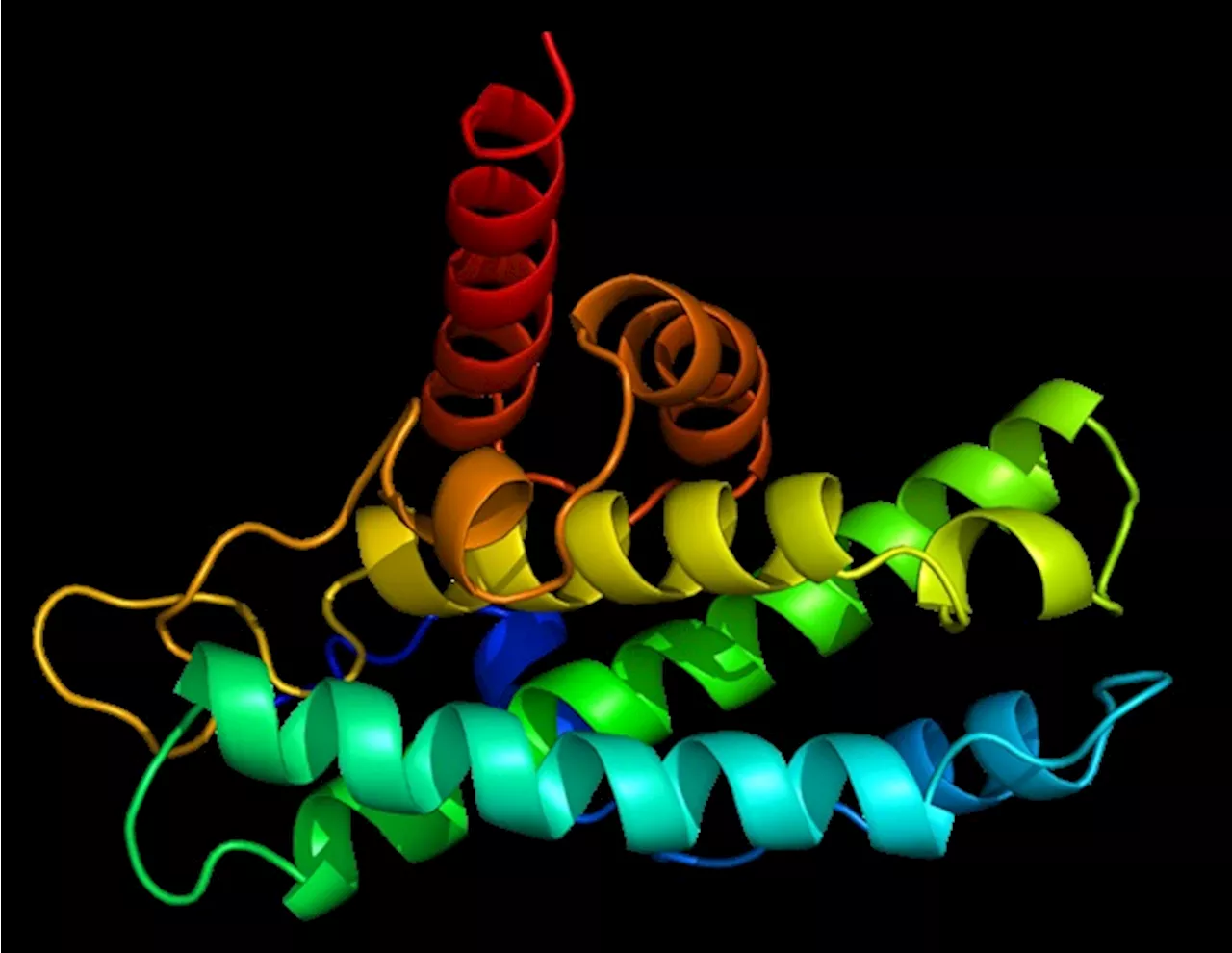Human proteins undergo a variety of chemical modifications following their synthesis. These modifications regulate their structure, function, and stability.
European Molecular Biology LaboratoryAug 12 2024 Researchers from the Bhogaraju Group at EMBL Grenoble have developed a new method to study a critical type of protein modification process called ubiquitination. Ubiquitination plays an integral role in diverse cellular functions, and its dysregulation contributes to many human diseases, including neurodegeneration and cancer.
The diversity of cellular functions of ubiquitination is reflected in the existence of over 600 human E3 ligase genes, representing ~3% of the human genome. Mapping the human E3 target protein landscape can help us understand their function and eventually target them for therapeutics. To solve this problem, the Bhogaraju Group, which investigates ubiquitination pathways in various physiological contexts, developed a simple, cost-effective method, named Ub-POD, to quickly and easily label the targets of a given E3 ligase enzyme directly in human cells.
Cancer DNA DNA Damage Ligase Molecular Biology Neurodegeneration Ubiquitin Ubiquitin Ligase
United Kingdom Latest News, United Kingdom Headlines
Similar News:You can also read news stories similar to this one that we have collected from other news sources.
 Could Human Hair Actually Be A Sustainable Material Of The Future?Designers like Dilara Fındıkoğlu and Javiera Decap are using human hair in their work, while Human Material Loop is creating a new fibre made from human hair. Vogue looks at if human hair really could be a sustainable material in the fashion industry.
Could Human Hair Actually Be A Sustainable Material Of The Future?Designers like Dilara Fındıkoğlu and Javiera Decap are using human hair in their work, while Human Material Loop is creating a new fibre made from human hair. Vogue looks at if human hair really could be a sustainable material in the fashion industry.
Read more »
 Researchers identify the 'broken gate' causing unstoppable brain signals in severe childhood epilepsyFlorey researchers have discovered how a rare genetic mutation breaks a molecular 'gate,' causing the severely disabling developmental and epileptic encephalopathy (DEE) in infants.
Researchers identify the 'broken gate' causing unstoppable brain signals in severe childhood epilepsyFlorey researchers have discovered how a rare genetic mutation breaks a molecular 'gate,' causing the severely disabling developmental and epileptic encephalopathy (DEE) in infants.
Read more »
 Researchers use MRI scans and karaoke to better understand the nature of blushingA small team of psychologists and neurologists from the University of Amsterdam, in the Netherlands, and D'Annunzio University of Chieti–Pescara, in Italy, has found that blushing may be more related to an increase in emotional awareness and what a person is doing, rather than feelings of judgment by others.
Researchers use MRI scans and karaoke to better understand the nature of blushingA small team of psychologists and neurologists from the University of Amsterdam, in the Netherlands, and D'Annunzio University of Chieti–Pescara, in Italy, has found that blushing may be more related to an increase in emotional awareness and what a person is doing, rather than feelings of judgment by others.
Read more »
 Boost in infant genetics research could change lives, say researchersInvestment in research into genetics could dramatically improve educational policies and understanding of parenting in ways that could help all children, according to a new paper led by the University of Surrey.
Boost in infant genetics research could change lives, say researchersInvestment in research into genetics could dramatically improve educational policies and understanding of parenting in ways that could help all children, according to a new paper led by the University of Surrey.
Read more »
 Researchers develop hydrogel implant to treat endometriosisHydrogels have a variety of use cases, including contact lenses, delivering doses of medication within the body, moisturizers, water storage in soil, cleaning polluted water and as gelling and thickening agents. A hydrogel is a gel made of a type of plastic that can bind water.
Researchers develop hydrogel implant to treat endometriosisHydrogels have a variety of use cases, including contact lenses, delivering doses of medication within the body, moisturizers, water storage in soil, cleaning polluted water and as gelling and thickening agents. A hydrogel is a gel made of a type of plastic that can bind water.
Read more »
 Immune cells monitor blood platelet maturation in bone marrow, researchers discoverPlatelets play an essential role in wound healing. Underproduction can cause devastating bleeding, while overproduction increases the deadly risk of thromboses. Maintaining a constant level of platelets in the blood (homeostasis) is therefore vitally important. Platelets are continuously formed by megakaryocytes (MKs) and released into the blood.
Immune cells monitor blood platelet maturation in bone marrow, researchers discoverPlatelets play an essential role in wound healing. Underproduction can cause devastating bleeding, while overproduction increases the deadly risk of thromboses. Maintaining a constant level of platelets in the blood (homeostasis) is therefore vitally important. Platelets are continuously formed by megakaryocytes (MKs) and released into the blood.
Read more »
